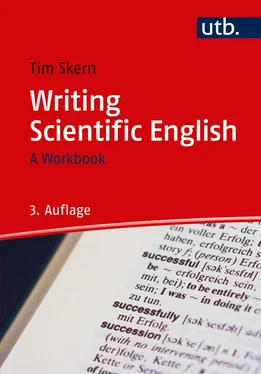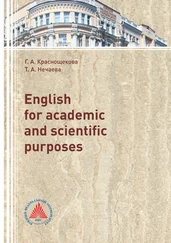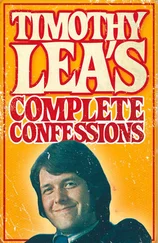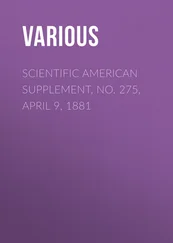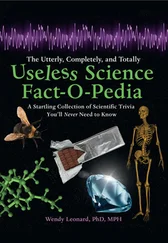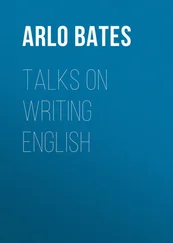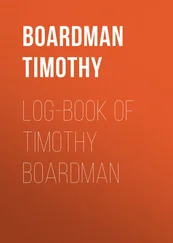“We have developed a vaccine against HIV. However, we have not yet tested it against all known strains of HIV.”
The second sentence qualifies the direct statement in the first. This allows the scientist to escape in case the vaccine is not universally applicable. The meaning is clearly expressed by the two sentences. However, combining the sentences connects the qualification or escape route more closely with the first sentence.
“We have developed a vaccine against HIV, although we have not yet tested it against all known strains of HIV.”
With more practice and experience, you can begin to construct sentences with more than one idea and qualify statements with one sentence as above. Always keep in mind, though, that simpler sentences are generally more manageable.
Box 2.1Shortening sentences by splitting them into two
These four sentences are too long and should be split into shorter ones. What would you suggest? Compare your ideas with mine in section 2.5.1.
1. To be a good scientist, you have to be tolerant and patient when experiments or interpretations do not turn out as you had predicted, you must be able to stand high levels of frustration.
2. 62% of certified drug addicts believe that cannabis has effects on the behaviour of car drivers and machine operators which lengthen their reaction time, 45% of students shared this opinion and only 38% of customers interviewed at discotheques were aware of this negative effect of cannabis.
3. Finally, the correlation has been clearly shown, even though not all parameters have as yet been investigated and further investigations have to be done.
4. This results in texts which are extremely difficult to read as well as revealing to the world that their authors are clueless about paragraph structure.
2.1.5Write positive sentences
What is the difference between positive and negative sentences? Negative sentences contain words such as “no”, “not”, “none”, “nor”, “nothing” and “never”. Positive sentences lack these words. Generally, positive sentences are easier to understand and more simple to construct than negative ones. Compare the following two versions of the same thought.
“Scientists for whom English is not their first language should not be at a disadvantage.”
“Scientists for whom English is a second language should have the same status as native speakers.”
Which was simpler to construct? Which do you think is more comprehensible? Box 2.2gives you ten further examples to practise turning negative sentences into positive ones.
Here is another example with two negatives taken from the preface (p. xvi) to Fintan O’Toole’s excellent treatise “Heroic Failure” on how Brexit came about.
“Nor does this purport to be a profound analysis of the economic dislocations and insecurities without which English unhappiness could not have had such a dramatic result.”
Even the lady at the publisher who gave me permission to use the sentence agreed that this is quite a sentence. Here is a clearer version without any negatives.
“This (book) also avoids an analysis of the economic dislocations and insecurities that allowed English unhappiness to have such a dramatic result”.
Which version do you think is clearer? I also selected this sentence because it introduces you to the word “purport”, often used in science instead of pretend. “Purport” is often found in the introduction to an unfavourable review of a manuscript as in the following imaginary example.
“This manuscript purports to show a relationship between A and B. However, the manuscript fails to achieve this goal for the following reasons.”
If you are still unsure about the meaning of this word, you can find examples of its use by searching PubMed for abstracts that contain it.
I have tried to write positive sentences in this book. Clearly, it is impossible to permanently avoid negative words, so that there are quite a few negative sentences. It is just something to keep in mind. Check your work for complex negative sentences and try to keep them to a minimum.
Box 2.2Positive and negative sentences
Turn the following negative sentences into positive ones. They contain most of the standard negative constructions used in English. You may find some of the following words useful: absent, avoid, constant, contain, fail, ignore, lack, overlook, questionable, resistant. My suggestions can be found in section 2.5.2.
1. The experiment did not work.
2. No changes were observed in any of the variables tested.
3. There is not a piece of evidence supporting this hypothesis.
4. The variation was never more than 1%.
5. None of the alternative explanations seemed likely.
6. Neither the fear of global warming nor the number of fatal accidents influence car drivers.
7. Nothing is dangerous about this method.
8. No-one noticed the discrepancy between the two sets of data.
9. In none of the samples could the desired compound be found.
10. No less than eleven substances were present in the mixture.
2.1.6Write active sentences
What is the difference between active and passive sentences? “We mixed A and B” is an active sentence. “A and B were mixed together” is the passive version. Active sentences are more direct, shorter and clearer. Compare the following two versions of the same thought.
“The ability of the antibiotics to inhibit bacterial growth was examined by using standard techniques.” (15 words)
“We used standard techniques to examine the ability of antibiotics to inhibit bacterial growth.” (14 words)
The active sentence is much clearer. Here is another example, based on a sentence frequently found in scientific writing. Once again, the active version is preferable.
“The improved versions are presented in section x.” (8 words)
“Section x presents the improved versions.” (6 words)
Another motive for writing active sentences is that they are more natural. We do not speak in the passive. If you do not believe me, try explaining what you did today in the passive. “Coffee was drunk at breakfast. Afterwards, teeth were brushed.” Relating daily experiences in this way is not natural. Why then should we use the passive for scientific writing?
It is your decision whether you use more active sentences than passive ones. If you think you can transmit your thoughts better using passive sentences, then go ahead. Just remember though that good writing should sound as if you are speaking to someone.
As mentioned at the beginning of this chapter, the command “Omit needless words!” originates from the book “The Elements of Style”. This concept of removing superfluous words often comes as a surprise to some students. Many share the conviction that high-class scientific writing requires numerous complicated words. The most productive step for such students on the path to writing more concisely is to abandon this belief.
Recognising and removing unnecessary words is, like many skills in writing, a question of practice. Several exercises in this book provide that practice and enable you to build up the experience to judge whether a word, a phrase, a sentence or a paragraph may be superfluous. As an example, examine the following two sentences.
“The fact that many young scientists need a significant amount of practice to improve their written communication skills is a case in point. It can be seen from the diagram in Figure 1 that those students who regularly handed in written work performed at a higher level than those who did not.”
The words at the beginning of the two sentences are typical phrases which turn up in scientific writing but which do not add to the meaning. The shortened versions are much more effective.
Читать дальше
